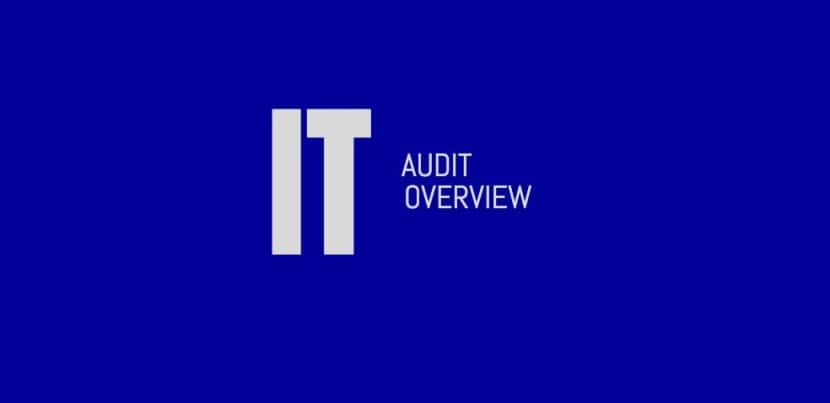The IT landscape is evolving rapidly, and with it comes the need for increased scrutiny, control, and assurance over the technology that powers businesses. This has led to the rise of IT auditing as a critical discipline in the corporate world. While technical prowess is undeniably essential, several underrated traits can significantly enhance the transition from general IT roles to a flourishing career in IT audit. Let’s explore these important characteristics.
1. Curiosity: The Foundation of Effective Auditing
Curiosity is the desire to learn, to question, and to understand. In the realm of IT auditing, professionals aren’t merely reviewing systems for compliance; they are delving deep to understand how technologies are designed, implemented, and maintained. A curious mind doesn’t settle for the surface view. Instead, it seeks to understand the underlying processes, the reasons behind specific configurations, and the potential implications of different system states.
2. Strong Communication Skills: Bridging the Gap
At its core, IT auditing is about assessing risks and communicating them to stakeholders. While understanding the technical details is vital, being able to translate those findings into actionable insights for non-technical individuals is equally crucial. An IT auditor who can effectively communicate complex IT concepts in simple terms will be in high demand.
3. Ethical Backbone: The Bedrock of Trust
Trust is central to the audit profession. Companies rely on IT auditors to provide an unbiased assessment of their systems. To uphold this trust, auditors must maintain a strong ethical foundation and resist pressures to overlook vulnerabilities or to present results in an overly favorable light. Their reputation, and that of the audit profession, hinges on their integrity.
4. Detail-Oriented Perspective: The Devil is in the Details
In IT auditing, seemingly minor details can have significant implications. A single misconfigured setting could expose a company to data breaches or regulatory non-compliance. Thus, being detail-oriented ensures that auditors capture and assess every facet of the system, no matter how small or seemingly insignificant.
5. Adaptability: Staying Relevant in a Shifting Landscape
With the rapid evolution of technology, IT auditors must continually adapt. This might mean learning about new regulatory requirements, familiarizing oneself with emerging technologies, or adjusting audit methodologies to better suit the current environment. Those who can pivot and adjust in the face of change will find themselves at the forefront of the profession.
6. Empathy: Understanding the Human Element
While it might seem counterintuitive, empathy is crucial in IT auditing. This is because, beyond the systems and networks, there are humans involved – IT staff implementing systems, users interacting with applications, and business leaders making decisions. By understanding their perspectives, motivations, and challenges, auditors can craft recommendations that are not only technically sound but also feasible and aligned with the business’s goals.
7. Analytical Thinking: Seeing Beyond the Obvious
An effective IT auditor is not just a checklist follower. They analyze patterns, ask the right questions, and think critically about the implications of what they see. By synthesizing information from various sources, they can discern risks that might not be immediately apparent and suggest proactive measures to mitigate them.
8. Networking: Building a Web of Knowledge
The IT world is vast, and no single individual can claim expertise in every area. By cultivating a robust professional network, IT auditors can use their knowledge and experience, gain insights from others’ expertise, and learn about best practices from diverse industries.
As IT continues to embed itself into every facet of business operations, the role of the IT auditor will only grow in significance. While technical skills are foundational, the underrated traits discussed here are what will distinguish a competent IT auditor from an exceptional one.
The shift from a typical IT role to an IT audit career is not merely about understanding systems and controls. It’s about adopting a broader perspective, one that encompasses the complexities of technology, the intricacies of business, and the nuances of human behavior. Embracing these traits, whether inherent or cultivated, can be the springboard for a successful and rewarding career in IT audit.









